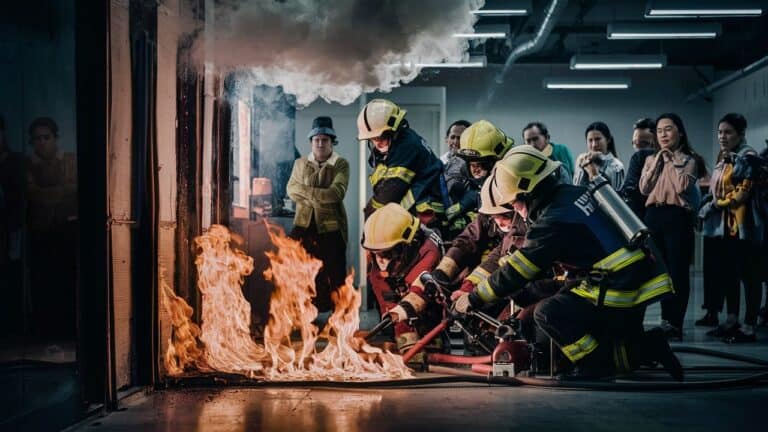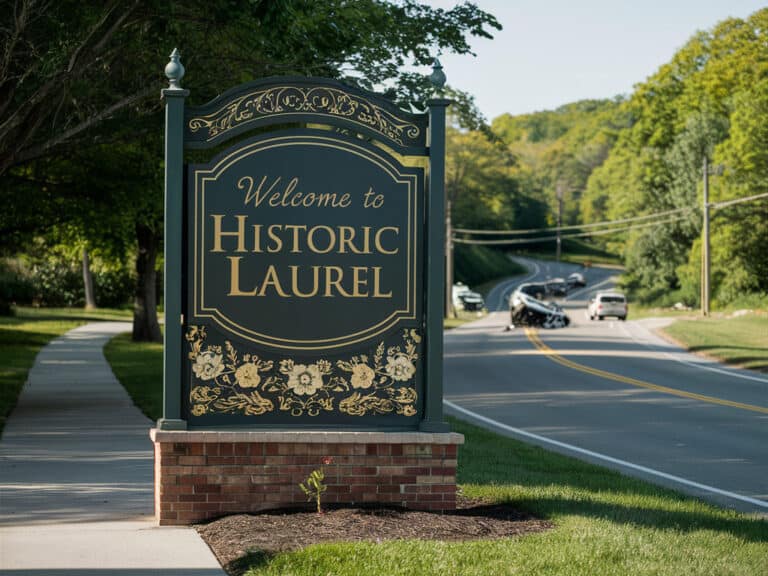We all need a good samaritan in our lives now and again. They’re the ones who help us when we need it the most — like when we are in a car crash. But, in the same way, we can be good Samaritans at any time too.
According to a CDC report, traffic crashes are one of the leading causes of unnatural death in the US. Undoubtedly, victims’ chances of surviving such accidents depend significantly on how fast they access medical care. However, many times, these victims cannot help themselves and rely on good samaritans to help them. Unfortunately, many passersby neglect such victims to avoid the adverse legal implications if anything goes wrong.
For that reason, Maryland has a good samaritan law to protect the humanitarians in such situations. As such, good samaritans can now help catastrophe victims without fear of negative repercussions. We’d discuss the scope of this law in this article. If you need more information about car accident laws, our car accident attorneys will answer all your questions.
What Is Maryland’s Good Samaritan Law?
A good samaritan in a traffic accident is anyone who voluntarily assists the crash victims. Generally, the law doesn’t impose a duty on anyone to assist accident victims if they aren’t healthcare practitioners. As such, anyone who tries to help in such scenarios places a duty of care on themselves. Therefore, such persons must offer assistance that is reasonably safe in the circumstances.
That means that good samaritans may become liable for damages due to negligence in some situations. For example, let’s say you witnessed an accident on your way to work and noticed a victim was stuck. Then, you decided to render help by lifting her from the car. Unfortunately, in the process, she sustained worse injuries and broke her leg.
Ordinarily, you may be liable for her injuries in such situations, especially if you didn’t exercise reasonable care in rendering the victim’s aid. However, with the Good Samaritan Law, that is no longer the case. Under this law, you’d be absolved of any such liability if:
- You had to help the victim because it was an emergency
- You didn’t cause the initial emergency
- You were not grossly negligent
In such situations, the Good Samaritan Law protects you from personal injury lawsuits or claims. That is, members of the general public wouldn’t be liable for their actions and inactions when assisting victims in emergencies.
Like many other US states, Maryland has its version of the Good Samaritan Law. In Maryland, good samaritans must offer assistance without demanding or expecting payment for their kind gestures. Also, they must be ready to hand over to certified first responders when they arrive.
The Good Samaritan Doctrine and Negligence
Indeed, the good samaritan doctrine makes good samaritans immune from civil liability for injuries due to their actions and inactions. So, even when some of their actions would ordinarily be negligent, they will still escape liability for their actions. However, there are exceptions to that rule, as the law doesn’t allow them to throw all caution to the wind.
When the good samaritan’s actions transcend negligence and metamorphoses into gross negligence, they will become liable for their efforts. Gross negligence refers to actions that are so bad that no reasonable person would do them. They include reckless, intentional, wrongful actions and conducts that weren’t performed in good faith. For example, you will be grossly negligent if your actions portray blatant disregard for human life and safety. As against taking proper care in mere negligence, gross negligence connotes taking no precaution at all.
What To Do in a Maryland Car Accident
If you’ve witnessed a traffic crash and you wish to help the victims, do the following:
- Dial 911
- Check for injured persons and inform the 911 operator of the nature of their injuries.
- Only move seriously injured victims if they’re exposed to danger. Dangerous conditions may be exposed wires, fire, smoke, etc. If they are in a safe position, moving them may complicate their injuries.
- Perform CPR and administer first aid where necessary. You can also loosen tight clothing and raise the victims’ legs (if possible) if they’re pale and in shock.
- Calm the victims and comfort them with encouraging words.
- Hand them over to certified emergency personnel when they arrive.
Consult With the Best Legal Team Now!
Regardless of good samaritans’ help, accident victims may still sustain life-altering injuries. If you’re such a victim, our personal injury attorneys at Pinder Plotkin, LLC, will help you get fair compensation. To get started, simply book a consultation with us via a phone call. We are always glad to listen and fight for justice on your behalf.





